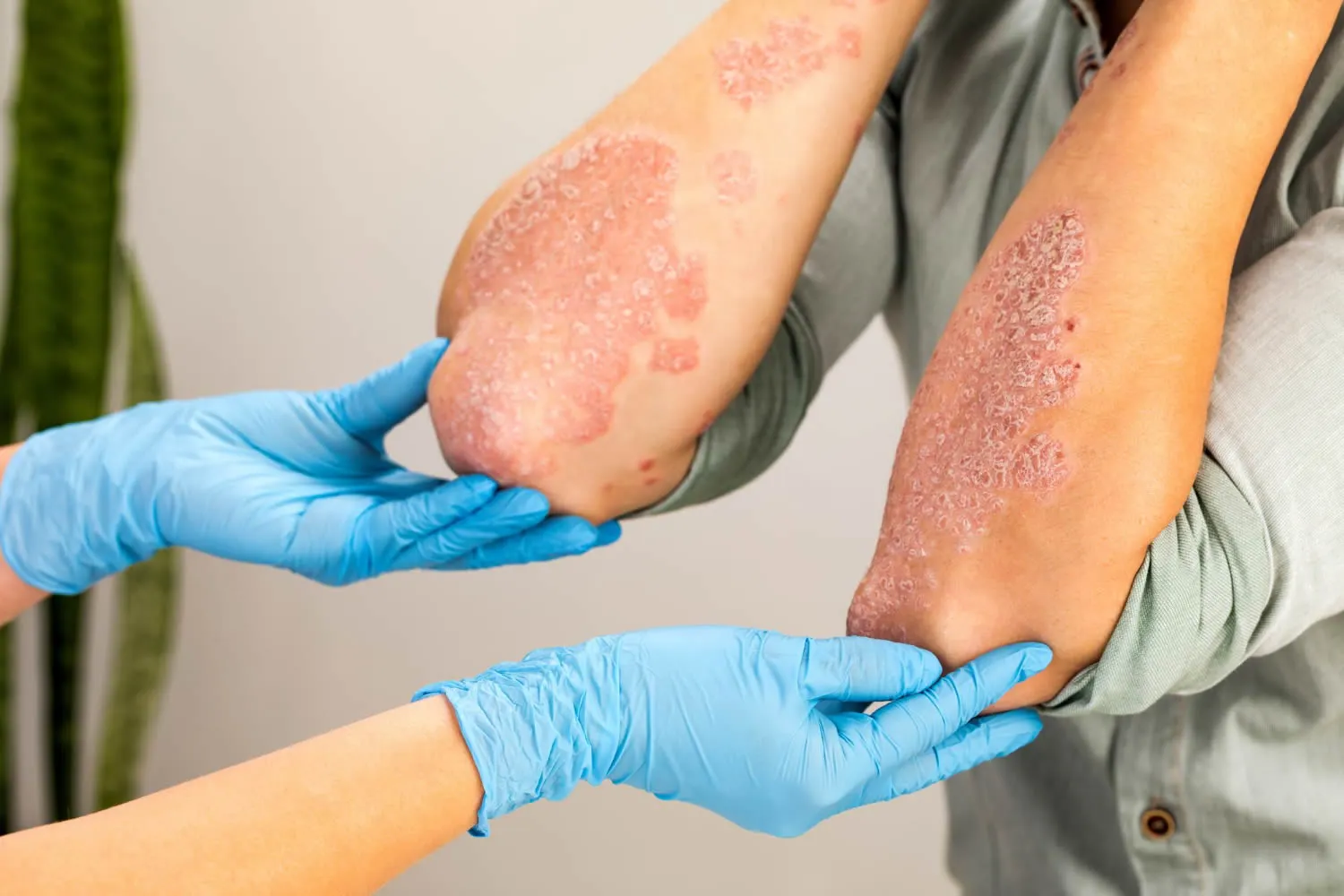Eczema is a skin condition that can be both frustrating and painful. Many people wonder if there’s a way to permanently cure eczema. While there’s no simple, one-size-fits-all solution, there are effective methods to manage and reduce flare-ups. Let’s explore some strategies that can lead to long-term relief. One of the best eczema treatment options in Fresno includes identifying triggers like allergies, irritants, stress, or environmental conditions. Understanding these factors is a key part of managing the condition effectively.
Identifying and Avoiding Triggers
To reduce the occurrence of eczema rashes, you need to pinpoint the specific triggers that cause flare-ups. Common irritants include certain fabrics, harsh soaps, and environmental allergens. By making lifestyle adjustments, such as switching to hypoallergenic products and avoiding known allergens, you can prevent irritation and minimize flare-ups.
Skincare Routine for Eczema
One of the most effective eczema remedies is to develop a consistent skincare routine. This involves moisturizing regularly with creams designed for sensitive skin. Choose products that contain ingredients like ceramides or colloidal oatmeal, which help restore the skin’s protective barrier. It’s essential to apply moisturizer within a few minutes of showering while the skin is still damp.
Gentle cleansing is also important. Avoid hot water and opt for mild, fragrance-free soaps that won’t strip the skin of essential oils. These simple skincare practices can play a big role in preventing the eczema symptoms from worsening.
Medications for Eczema Relief
For some individuals, medication may be necessary to manage eczema. Topical corticosteroids are commonly used to reduce inflammation and control eczema rashes. However, these should be used under the guidance of a doctor due to potential side effects. There are also non-steroidal options, such as topical calcineurin inhibitors, which can be prescribed to help control flare-ups without the risk of thinning skin.
In more severe cases, oral medications or biologics might be recommended. These treatments help to control inflammation and reduce eczema flare-ups over time.
The Role of Diet in Eczema Management
Your diet can play a significant role in managing eczema symptoms. Some foods are known to trigger eczema flare-ups, including dairy, eggs, and gluten. Keeping track of your meals and symptoms in a food diary can help identify potential food triggers. Once identified, avoiding these foods may help reduce the frequency and severity of eczema flare-ups.
On the other hand, certain foods can support skin health. Omega-3 fatty acids, found in fish like salmon and in flaxseeds, are known to help reduce inflammation in the body. Including antioxidant-rich foods, like berries, can also support skin healing and improve overall skin condition.
The Impact of Stress on Eczema
Stress is another major factor that can worsen eczema symptoms. When you experience stress, your body releases cortisol, a hormone that can trigger inflammation in the skin. This can lead to a flare-up of eczema rashes, making the condition harder to manage.
Incorporating relaxation techniques into your daily routine can help reduce stress and, in turn, minimize its effect on eczema. Practices such as mindfulness meditation, yoga, and deep breathing exercises are excellent ways to calm the nervous system. Ensuring you get enough sleep is also crucial, as sleep deprivation can worsen eczema symptoms.
The Importance of Consistency in Treatment
One of the keys to effective eczema treatment is consistency. Whether it’s following a skincare routine, applying medications, or making lifestyle changes, consistency can help keep eczema under control. Skipping treatments, even for a short period, can lead to flare-ups and prolonged discomfort.
Make sure to stick to your treatment plan, whether that involves applying moisturizer multiple times a day or using prescribed medications as instructed. Over time, your skin will become healthier, and flare-ups will become less frequent and severe.
Conclusion
A healthy diet and stress management are also crucial components of eczema treatment. Certain foods, like dairy or gluten, can trigger eczema symptoms in some people. Keep a food diary to help identify any correlations between what you eat and flare-ups.
Managing stress is another important factor. High-stress levels can exacerbate eczema, leading to increased flare-ups. Consider incorporating relaxation techniques, such as yoga or deep-breathing exercises, into your daily routine.
Also Read
- ► Dos and Don’ts After Wisdom Tooth Extraction: A Comprehensive Guide
- ► Proton Sales Malaysia – Proton Showroom Near Me, Setapak & Gombak
- ► 7 Smart Tips to Choose the Best Network Plan for Your Home
- ► Why You Should Consider an Orthopedic Pillow for Better Sleep
- ► How to Create Extra Storage with Under-Cabinet Space
- ► Muscle Relaxers and Pain Blocking: The Mechanism Behind Nerve and Brain Communication
- ► The Mystery of Black Bitumen Paint: What Makes It Indispensable?
- ► Can Phone Tracker Rescue Kids from Dangerous Situations
- ► Why Online Gaming Fans Love Fantasy and Casino Titles Equally
- ► Unveiling the Grace of Pakistani Sarees: A Blend of Tradition and Modern Elegance
- ► Everything You Need to Know About a 50 Gallon Electric Water Heater
- ► Revolutionizing the Skies: How Future Aircraft Development Will Transform the World
- ► Expert’s Guide to Circuit Breakers: Benefits, Types, and Top 3 Choices!
- ► Discover the Cool Cars at the Proton Showroom in 2025
- ► Pakistani Sarees: Exploring the Elegance of Tradition and Style




